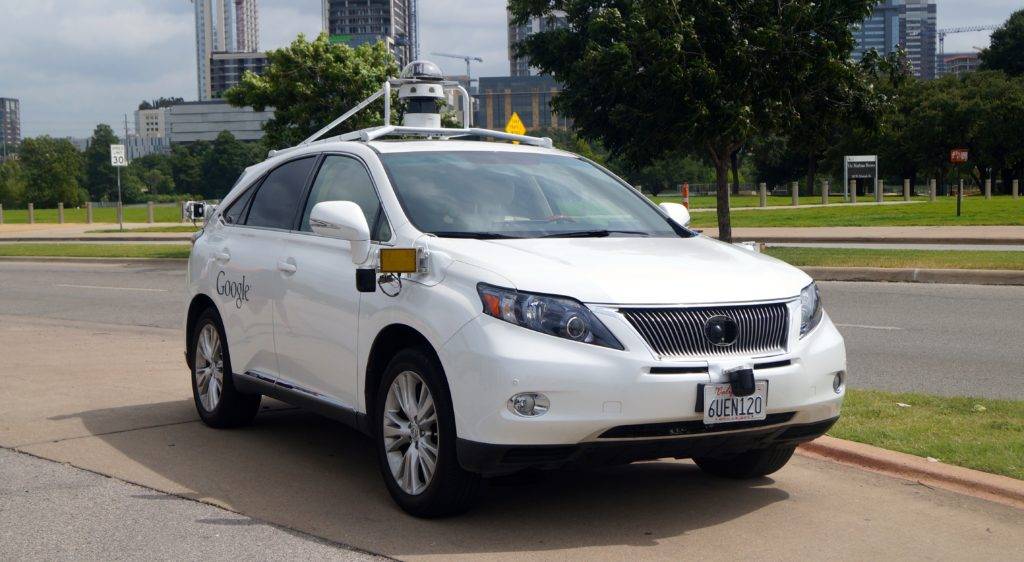Chris Urmson, the chief technology officer of Google’s self-driving car project, left earlier this month, alongside two other veteran engineers.
The departure is significant, Urmson was the last of the three primary engineers (excluding Google co-founder Sergey Brin) in the self-driving division that came from Stanford’s Stanley vehicle in 2005.
See Also: Get ready for a thermonuclear autonomous ride-hailing war
Sebastian Thrun and Anthony Levandowski, the two other notable faces, left in 2013 and 2014 to start Udacity and Otto, respectively.
Losing the talent that started the project is a natural transition in Silicon Valley, most of the original engineers at Facebook, Twitter, and PayPal moved on after a few years. But a natural transition is not always healthy for the company, and in Google’s case, the lack of key faces in the self-driving car division could lead to a colossal waste of time and money.
New Competitors Emerge
The self-driving market is heating up, Ford recently announced a Level 4 autonomous vehicle without a steering wheel or pedals will be available in 2021; BMW made a similar announcement a few months before.
General Motors acquired Cruise Automation for $600 million and spent $500 million for a chunk of Lyft. Tesla announced 100 million miles travelled on AutoPilot earlier in the year, trumping Google’s three million miles completed by its self-driving cars.
If that wasn’t enough for Google to worry about, Uber, the ride-hailing giant, plans to add self-driving Volvo SUVs to its fleet this month.
No large automaker has signalled interest in Google’s self-driving system, which could be disastrous for the search giant. Urmson, before leaving, was looking for partnerships with GM, Ford, and other major autos.
Without partnerships, Google will have to manufacture its own vehicles or work with a smaller automaker, like Fiat or Volvo. From there, it could sell the cars or compete in the ride-hailing market with Uber.
Both options don’t sound enticing, from our projections, there will be less car ownership in 2020 and self-driving cars will cost more to manufacture than current automobiles. It will also be incredibly hard for Google to beat Uber in the ride-hailing market.
What looked like a firm grip on the self-driving market has slowly eroded into a questionable future for the search giant. The self-driving division is valued at $10 billion, but costs from R&D have worried investors and Google management. That may even lead to the sale of the division, if Google does not see a viable future market for its self-driving cars.






























